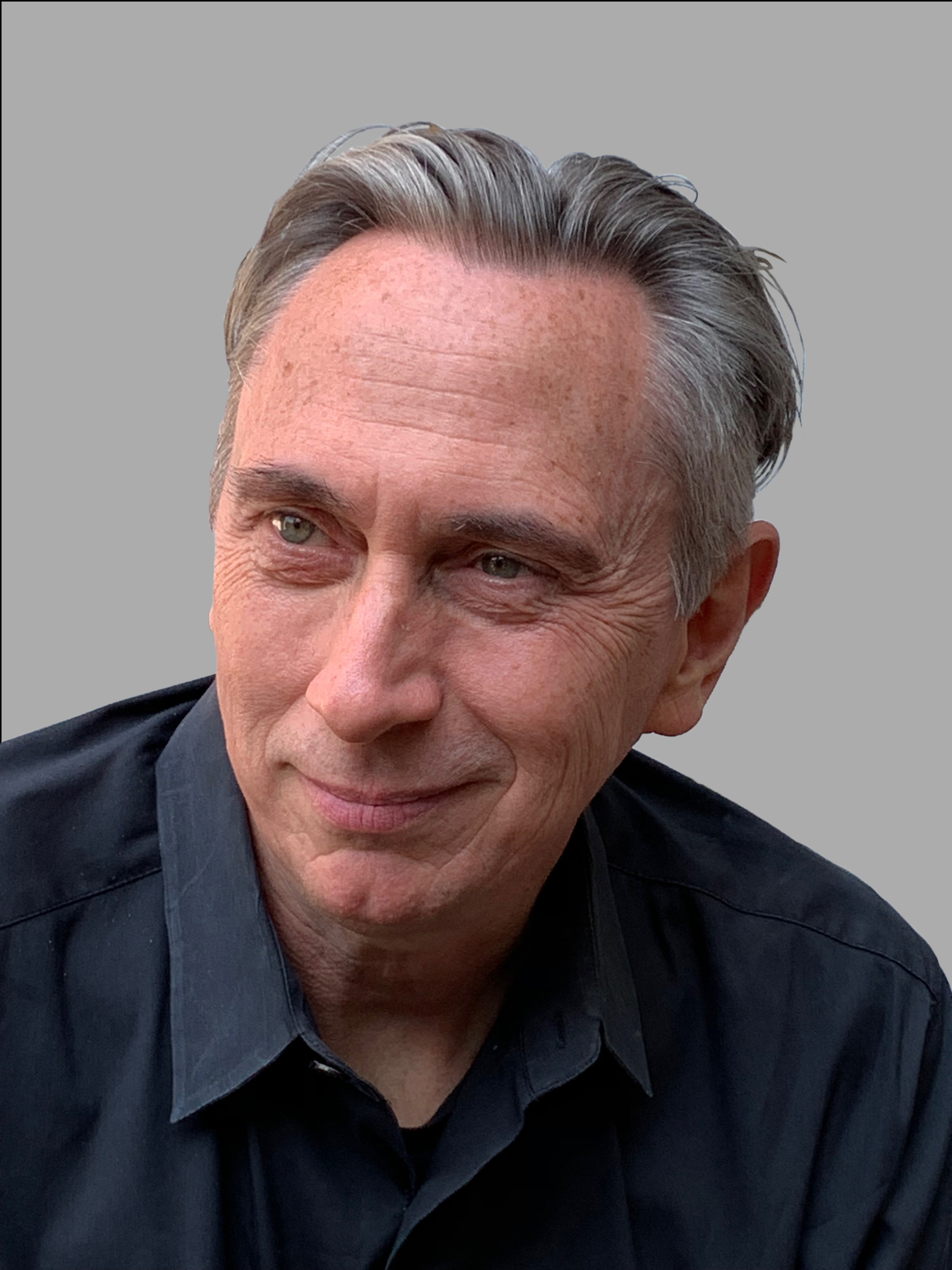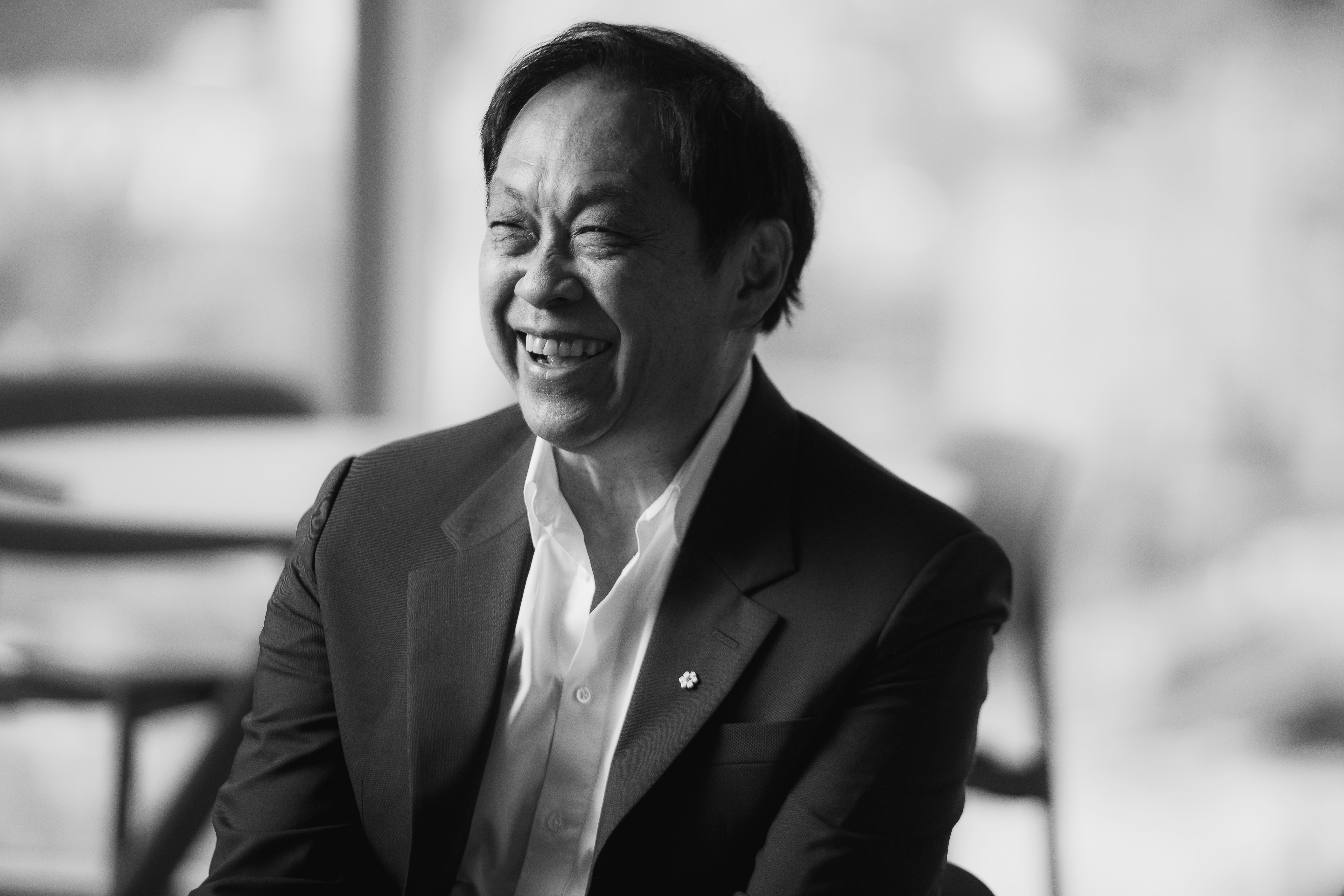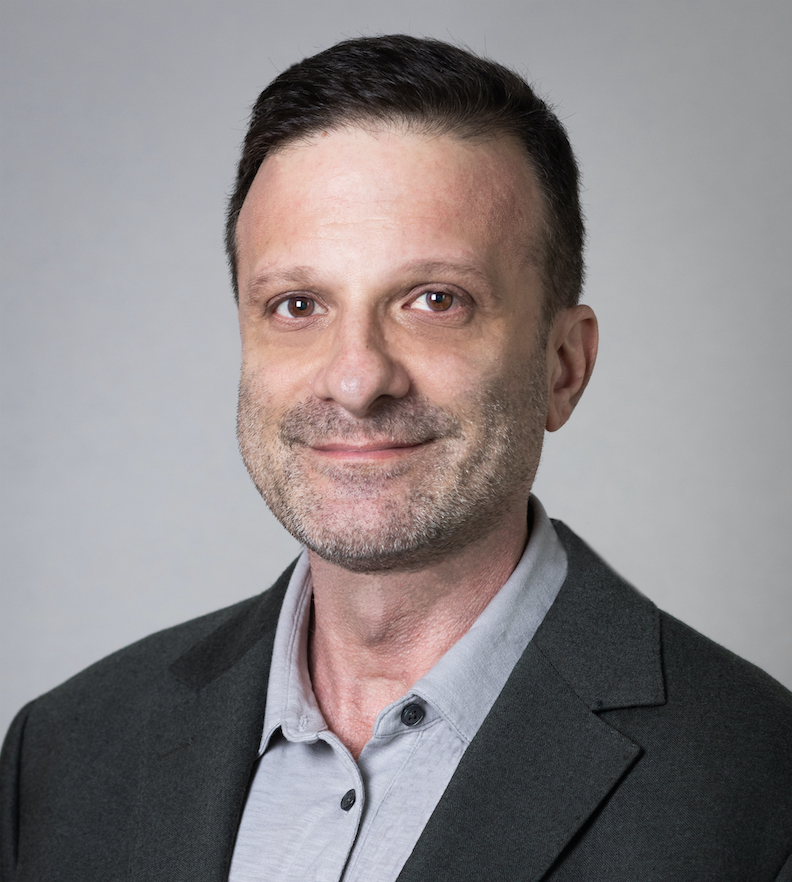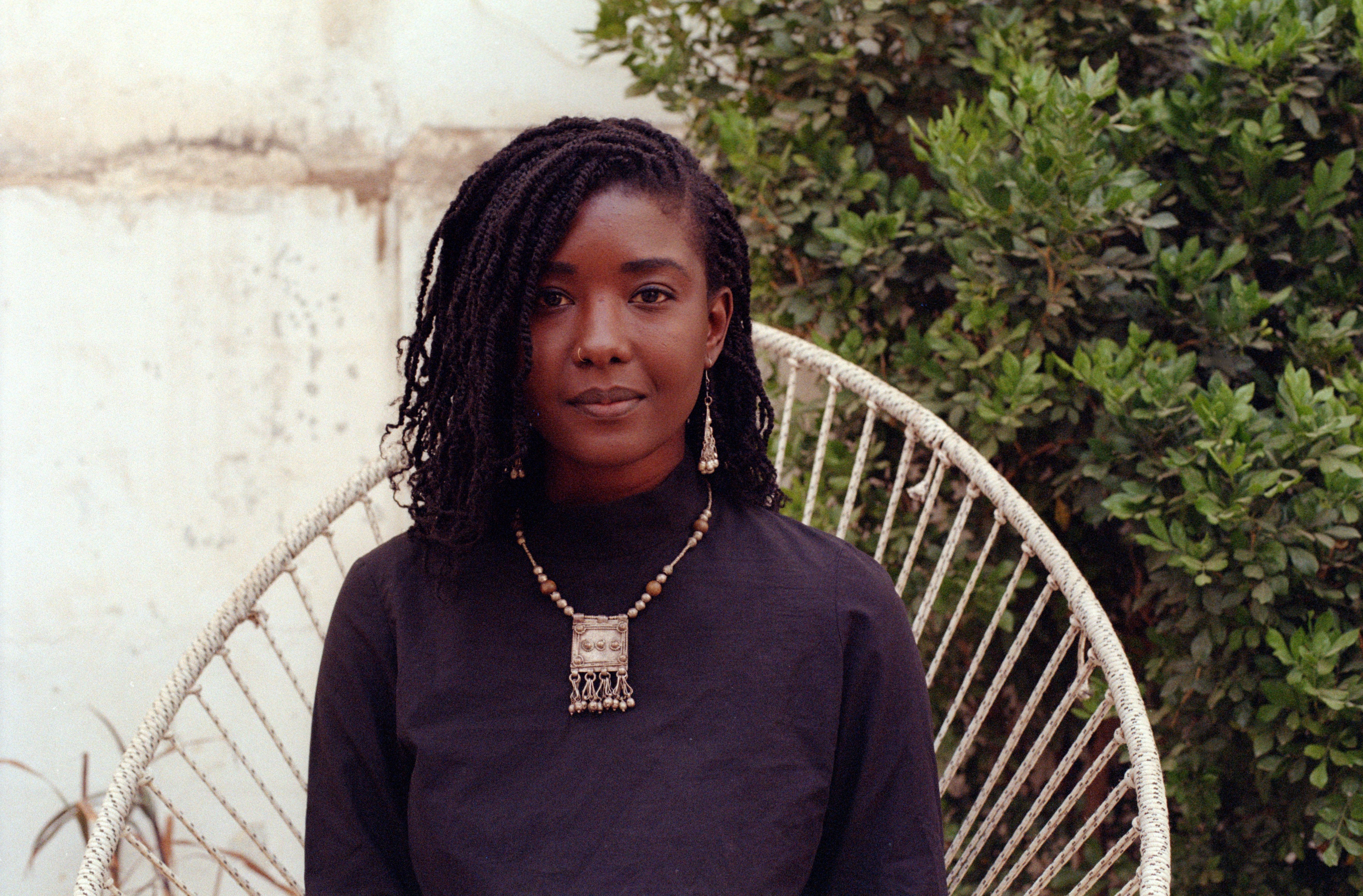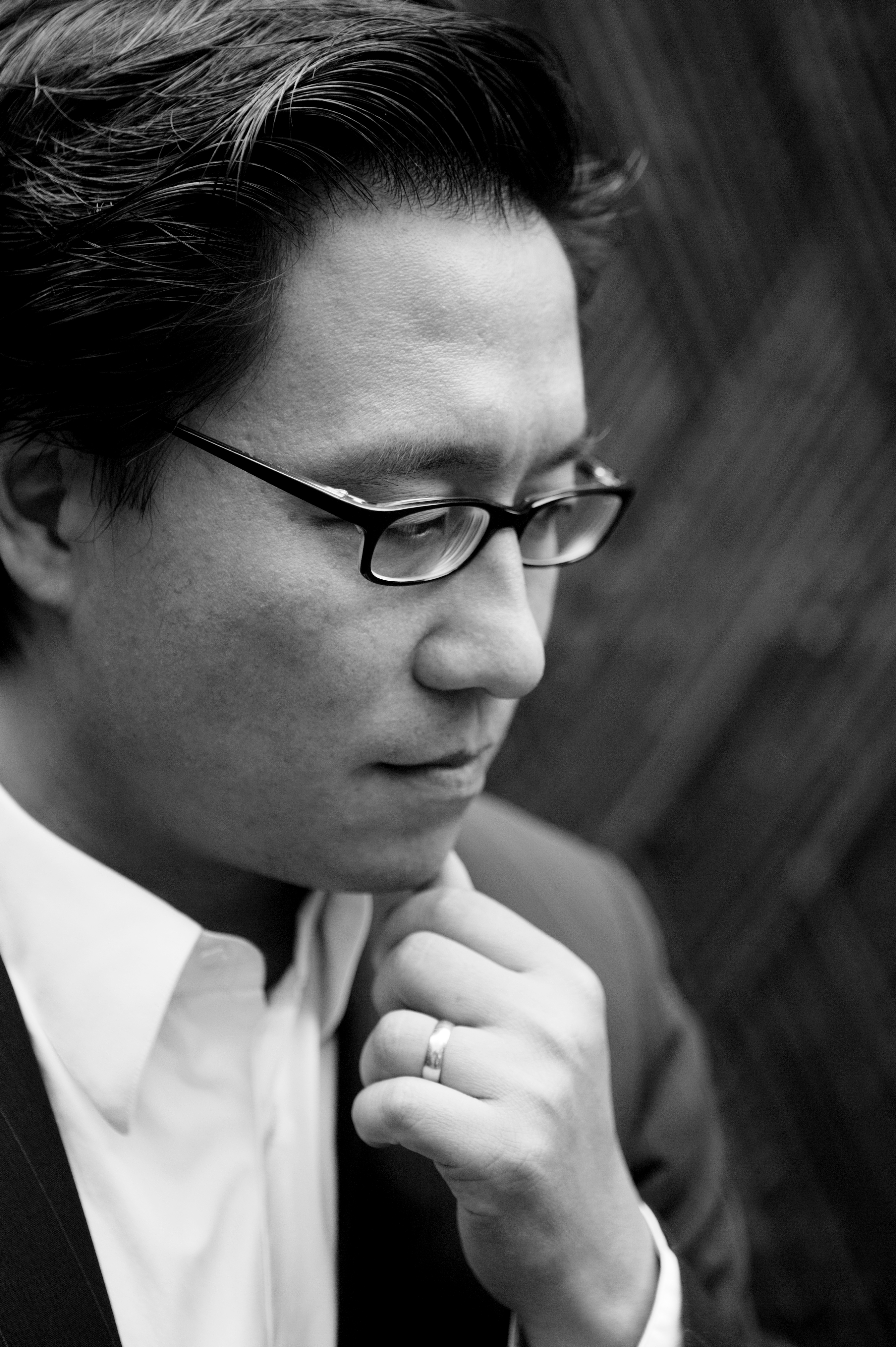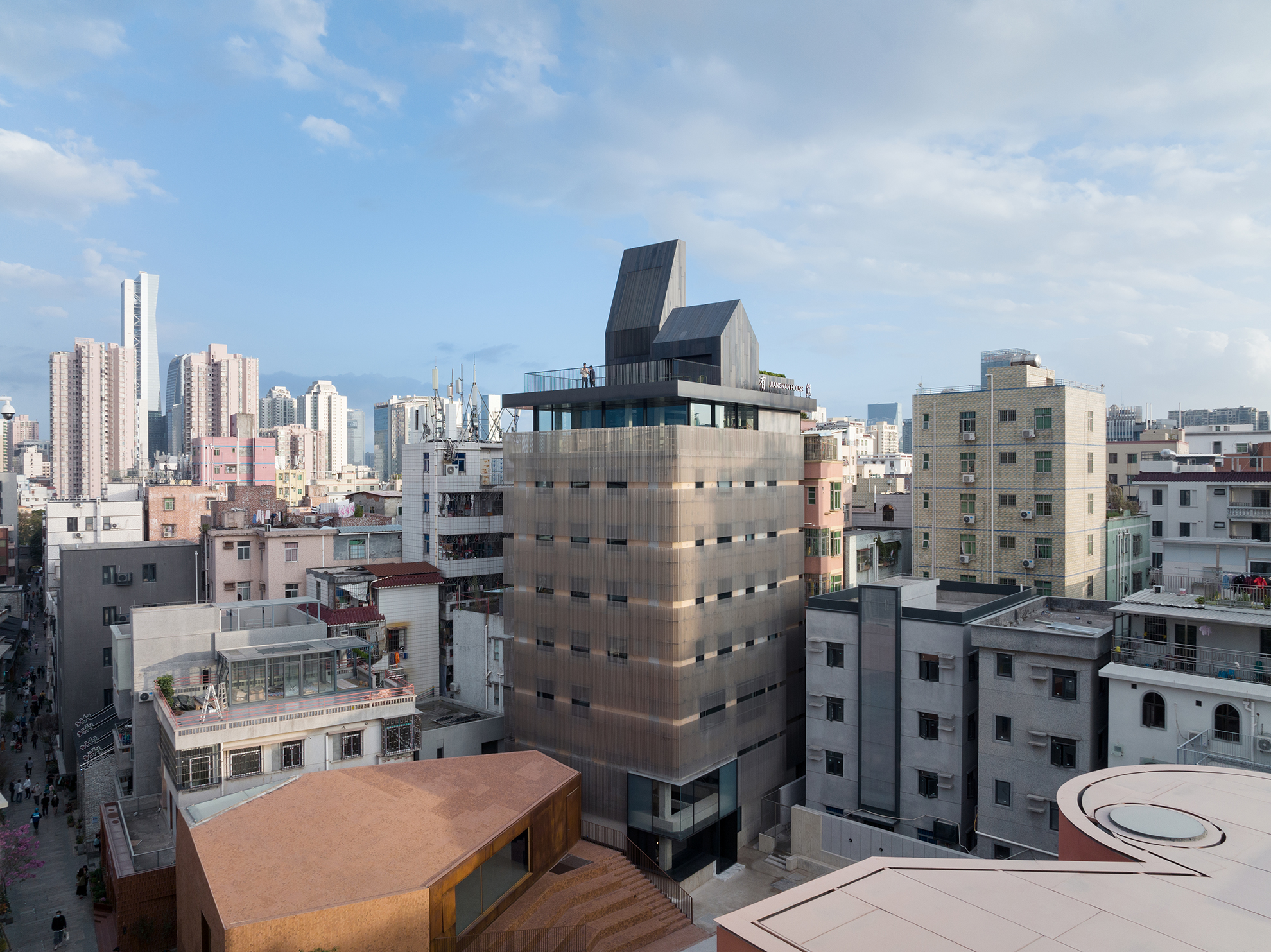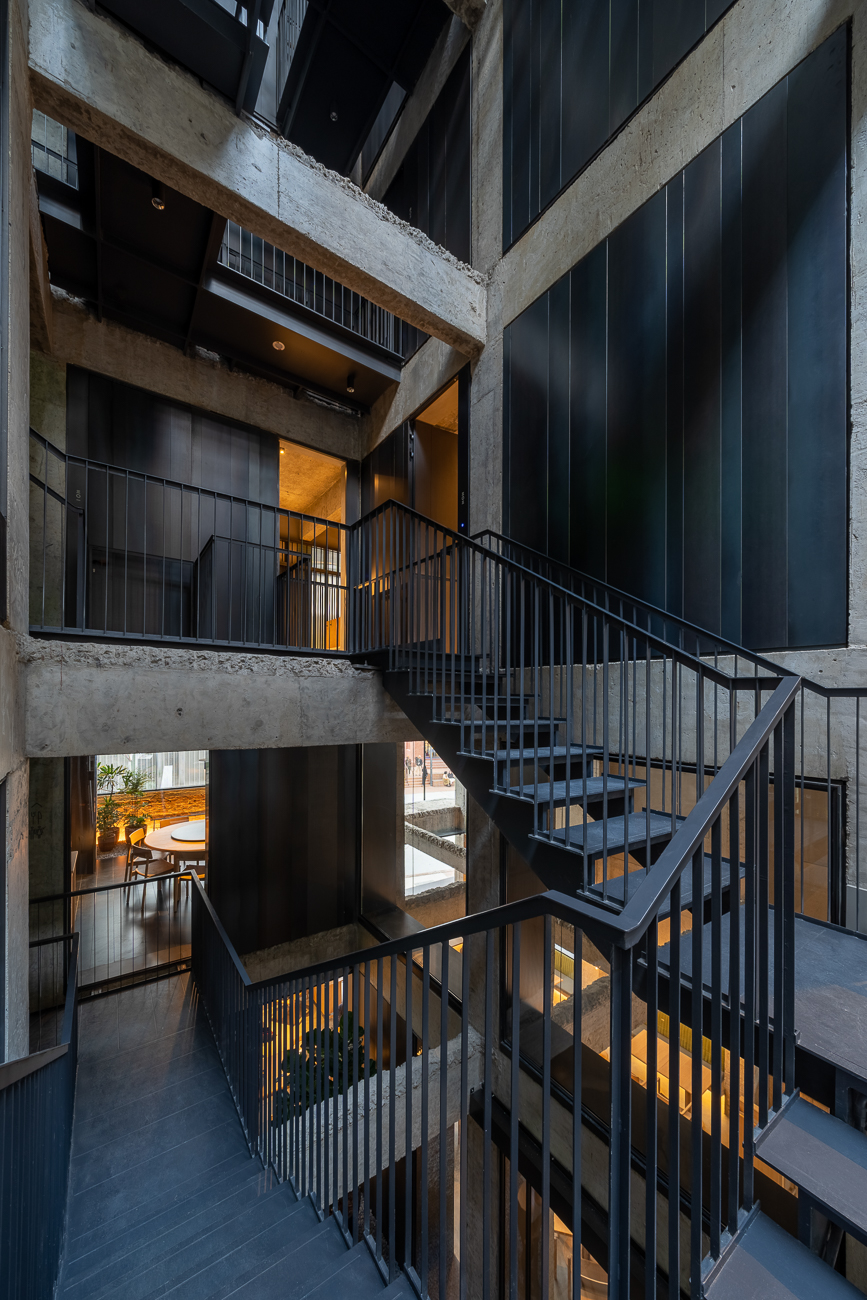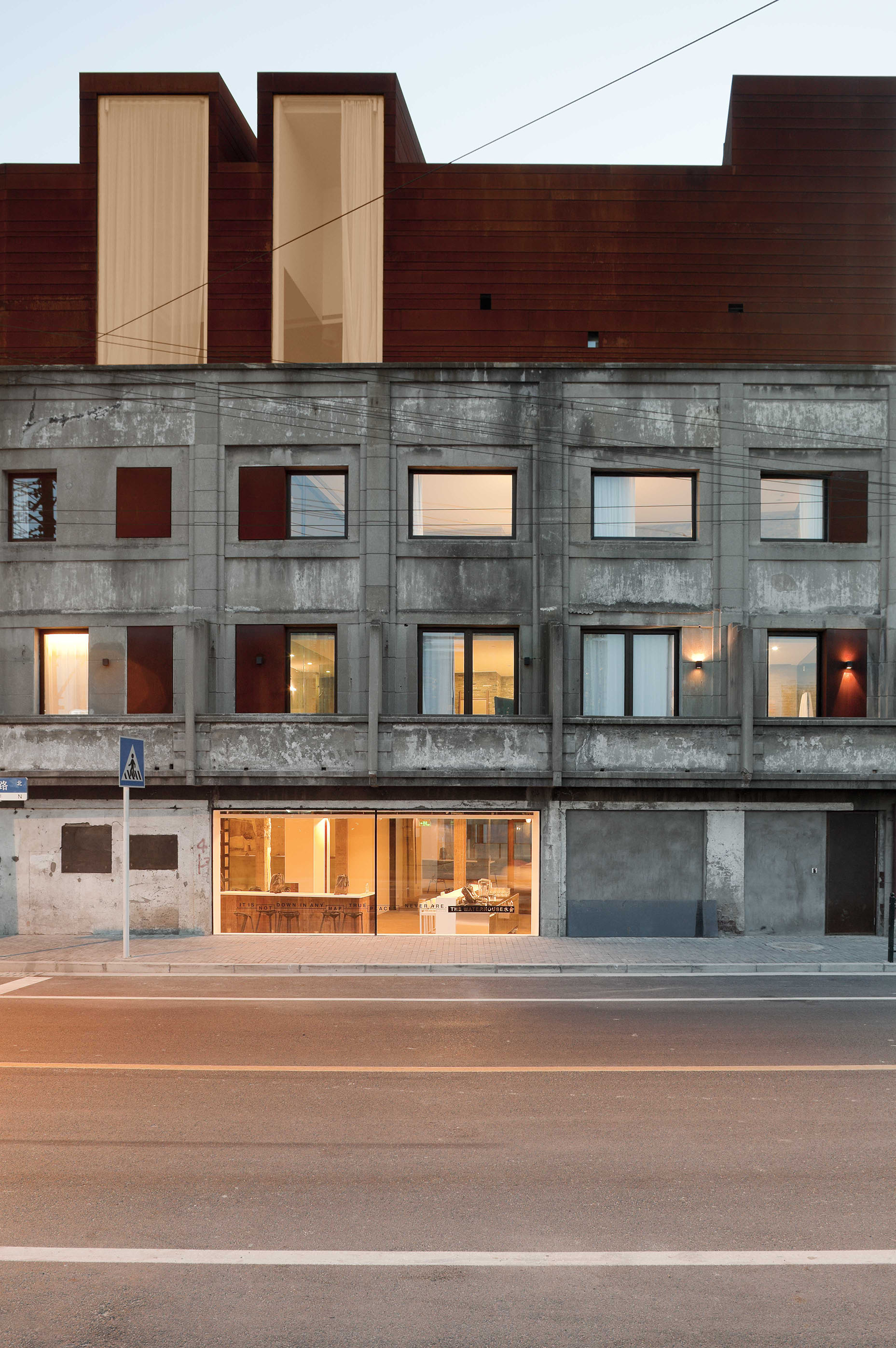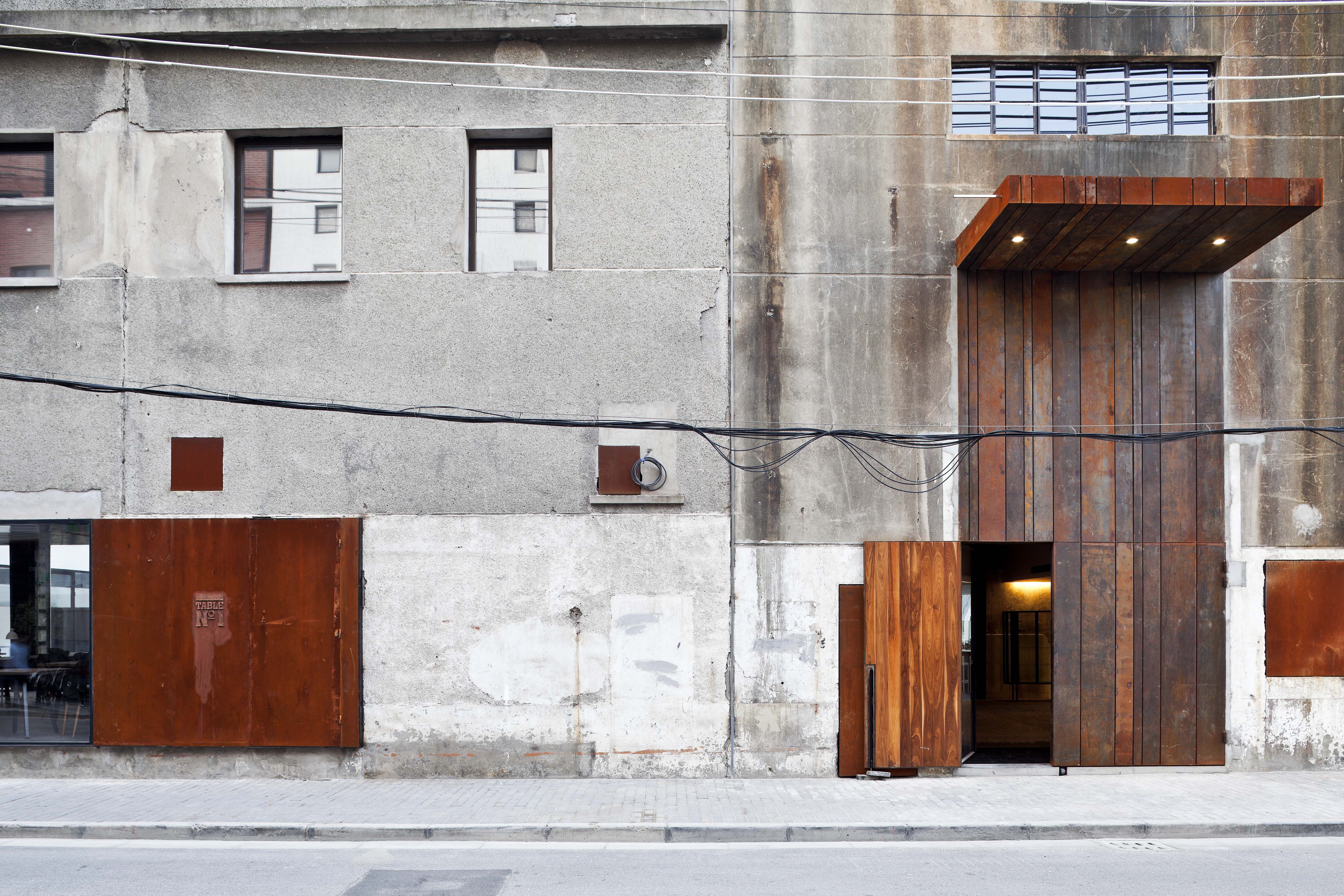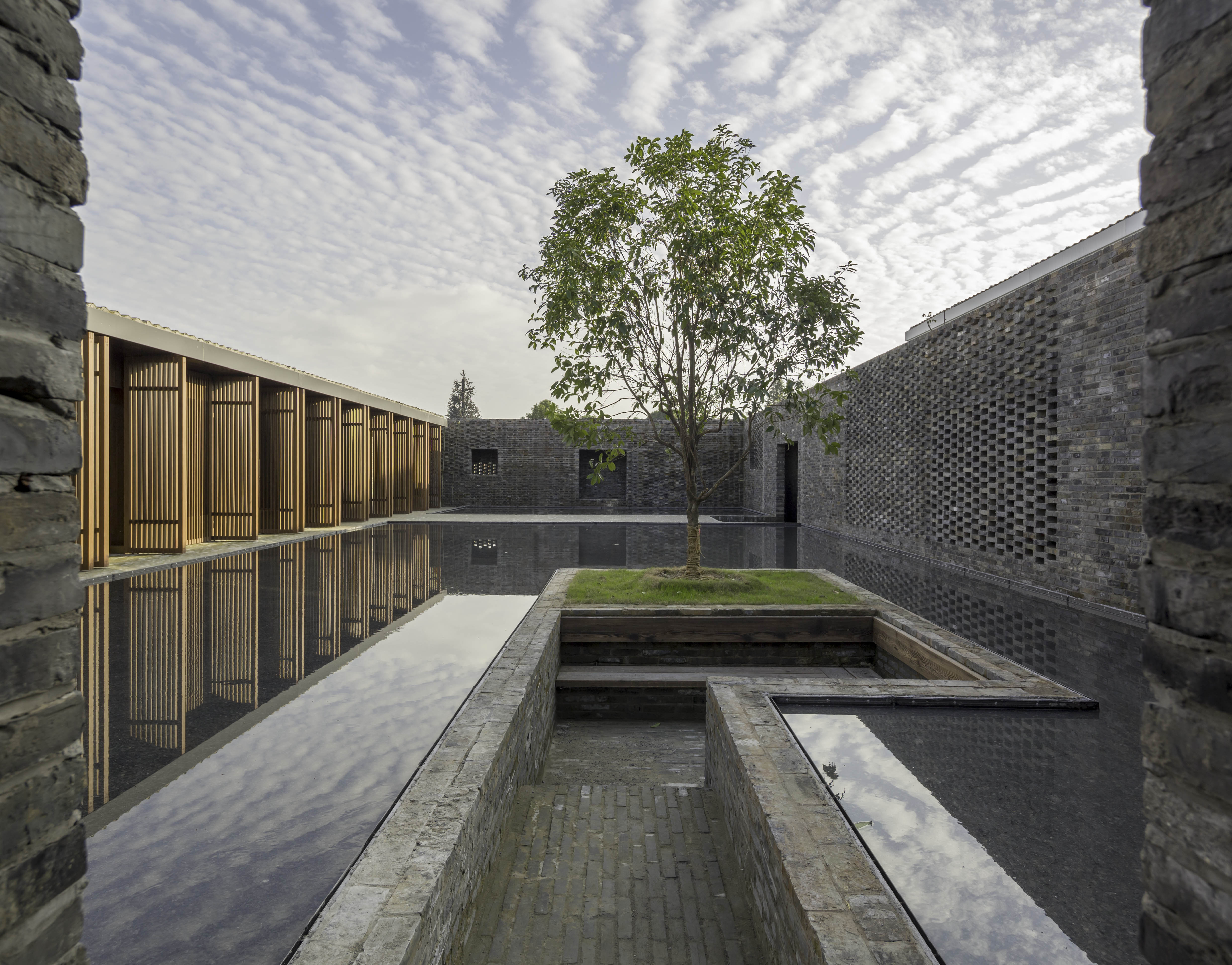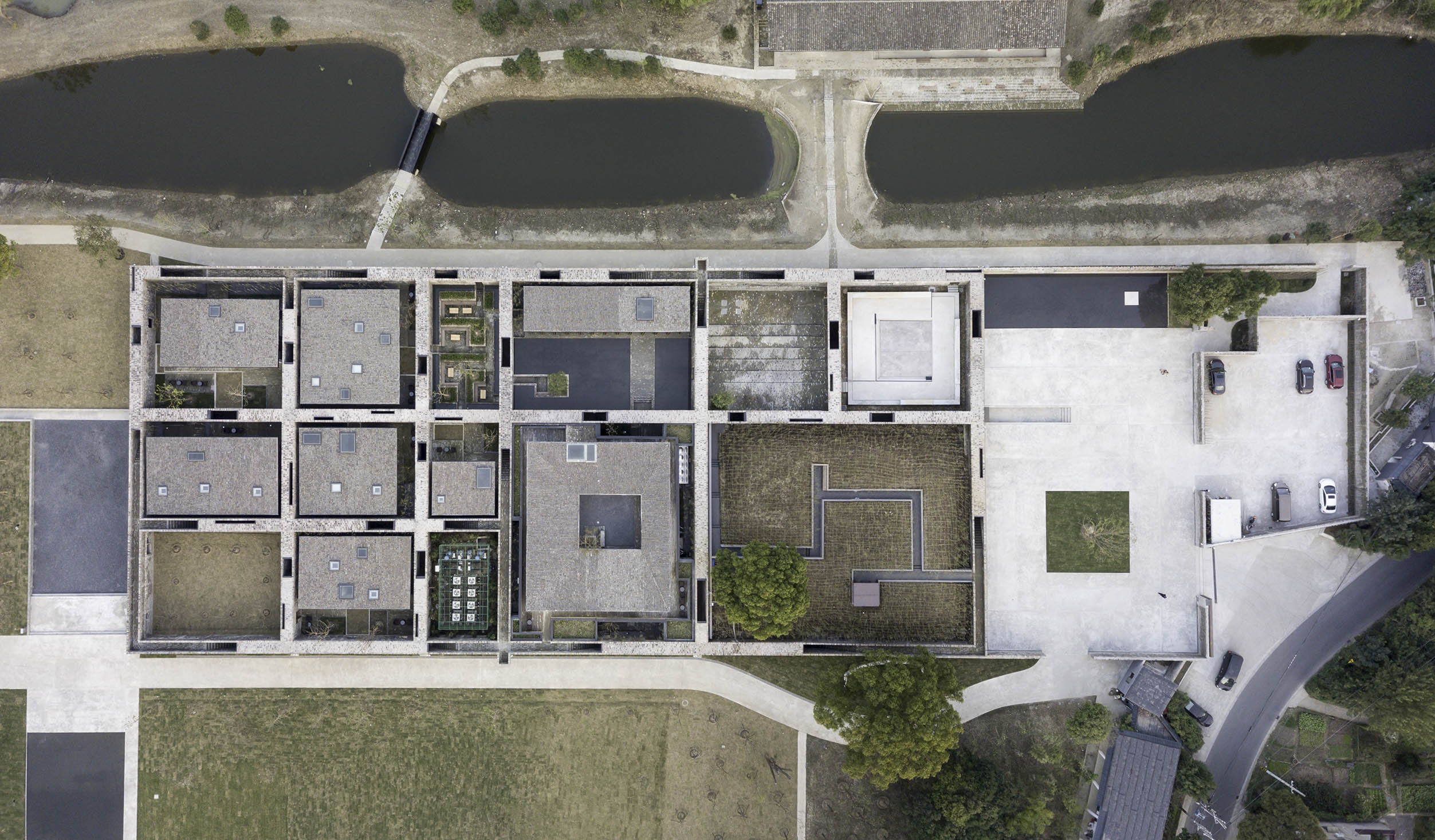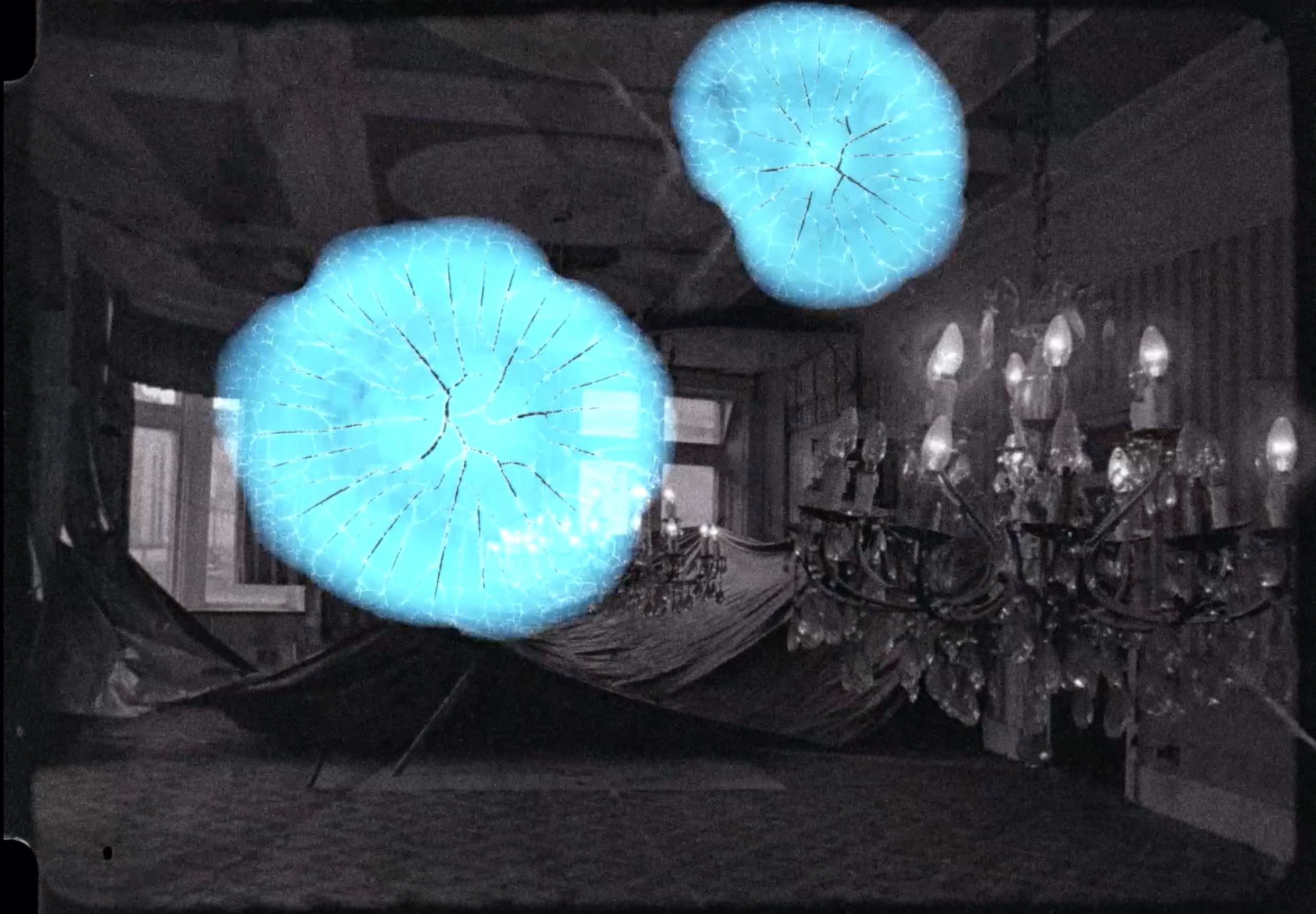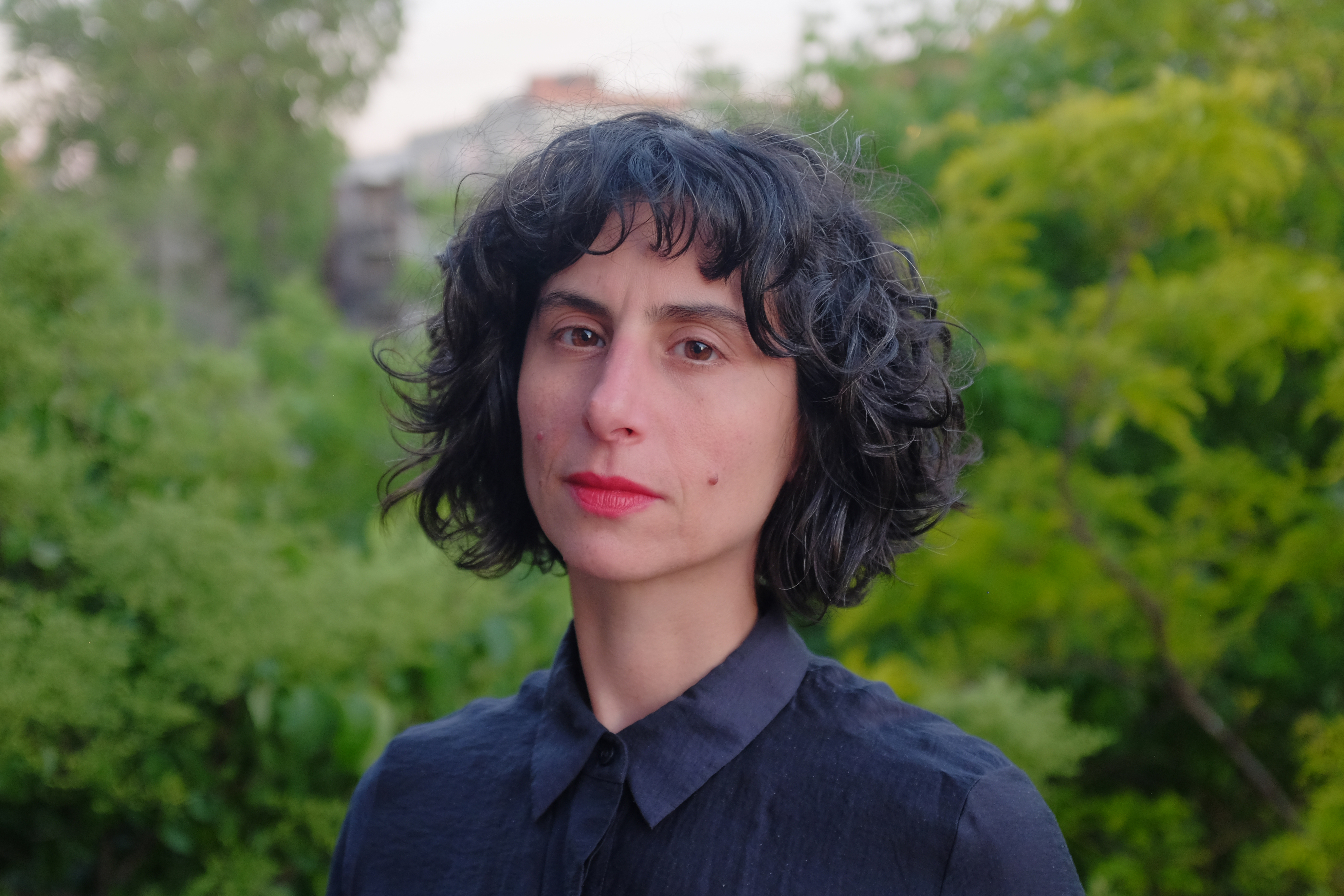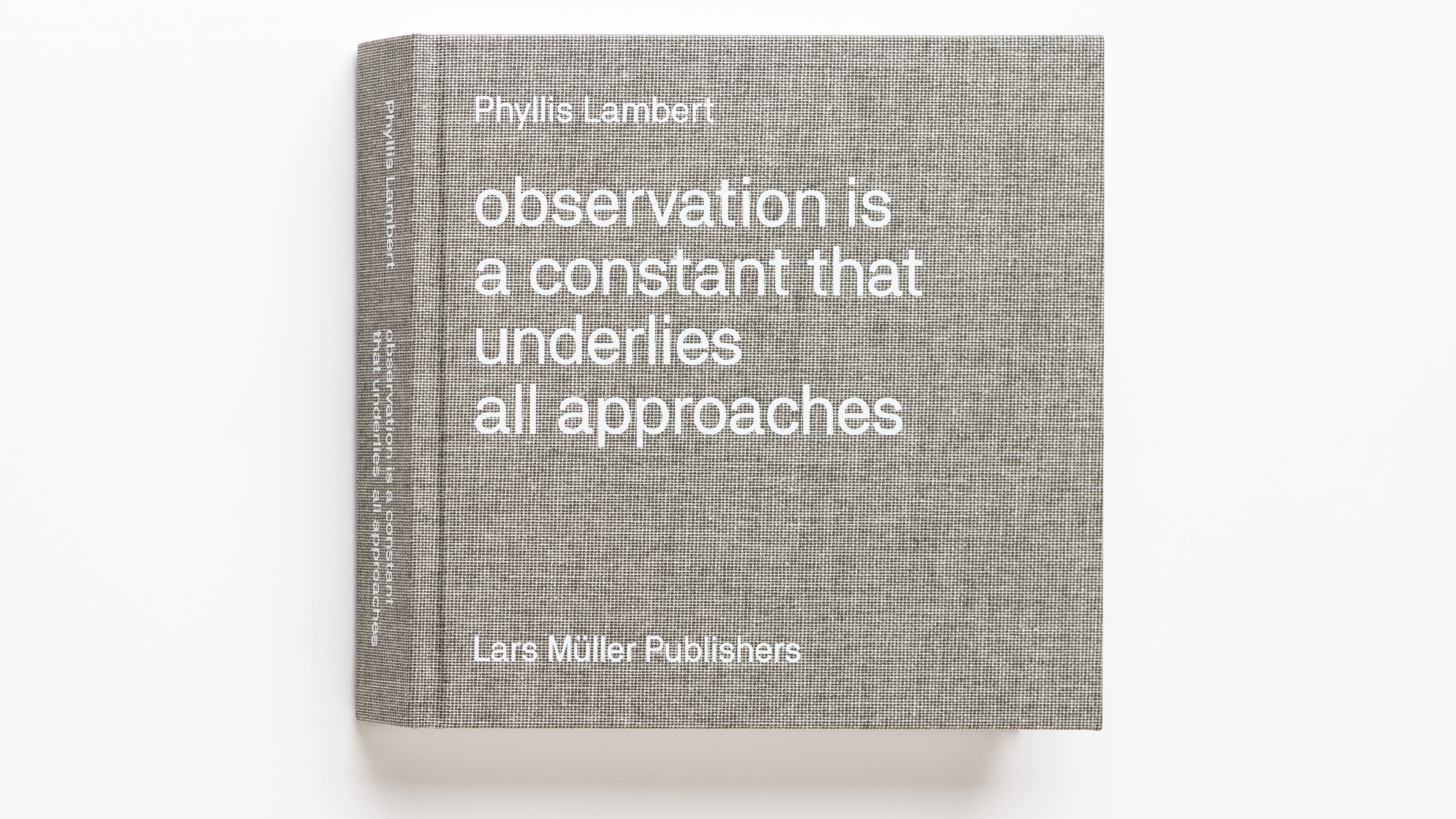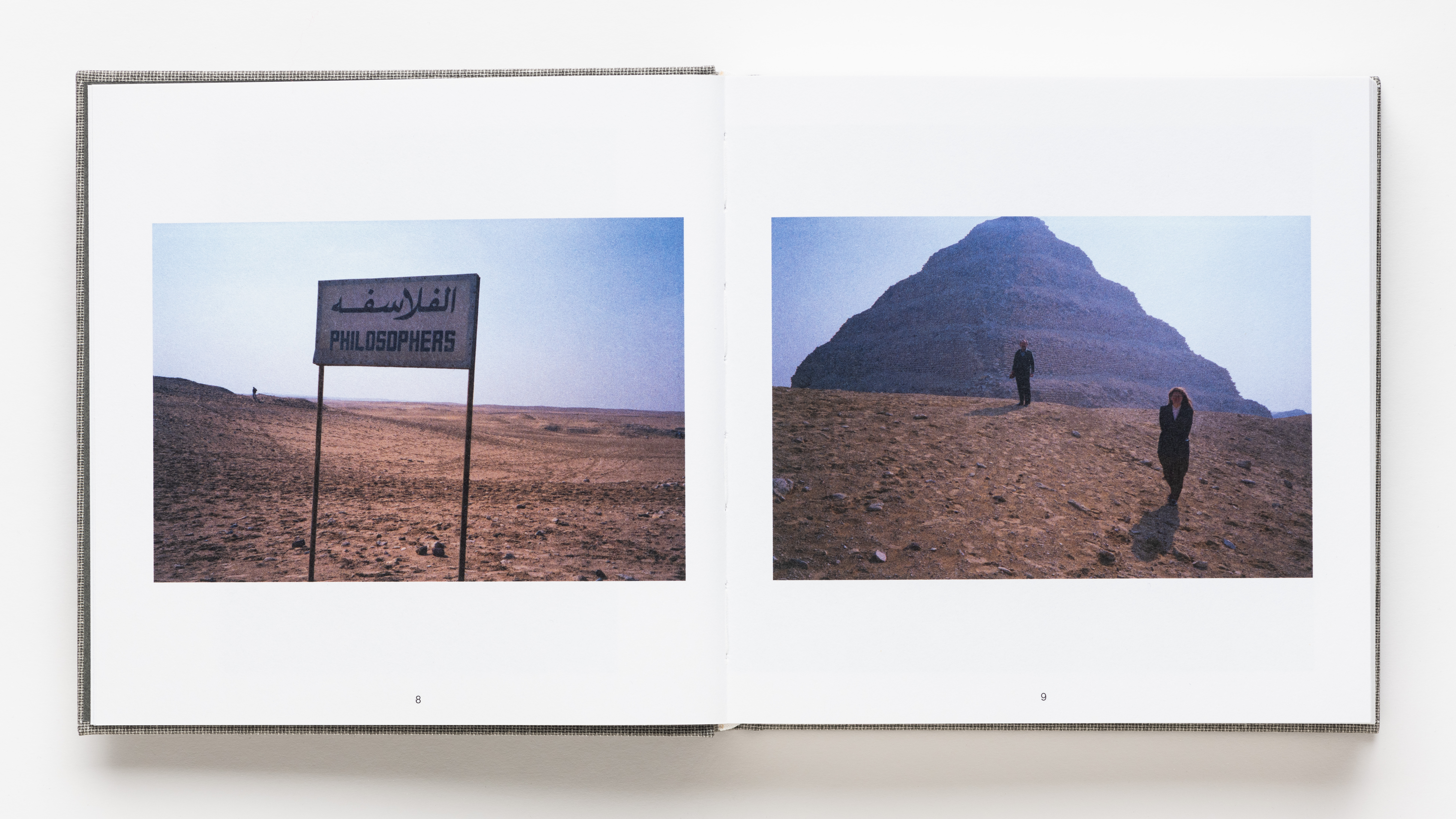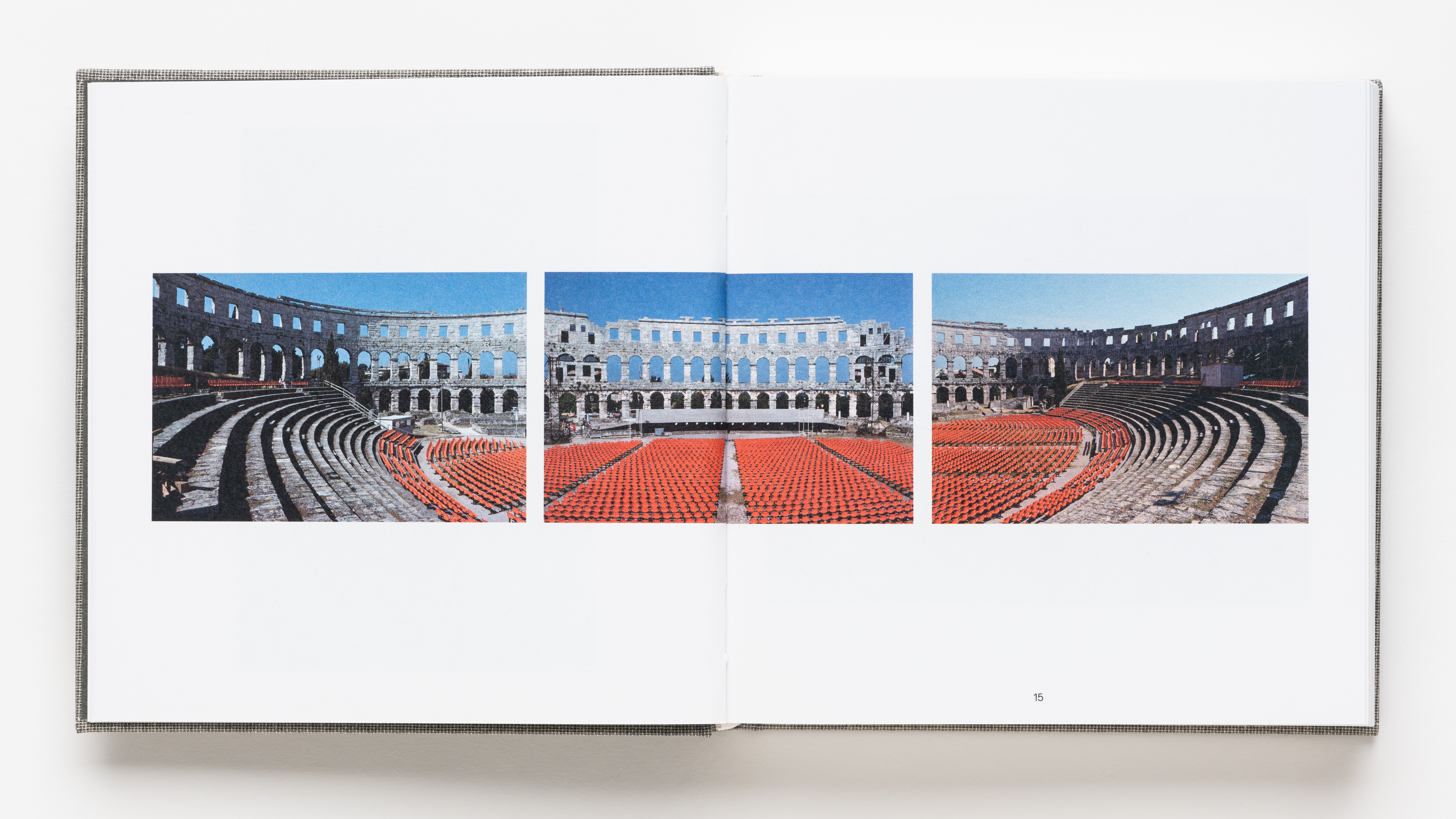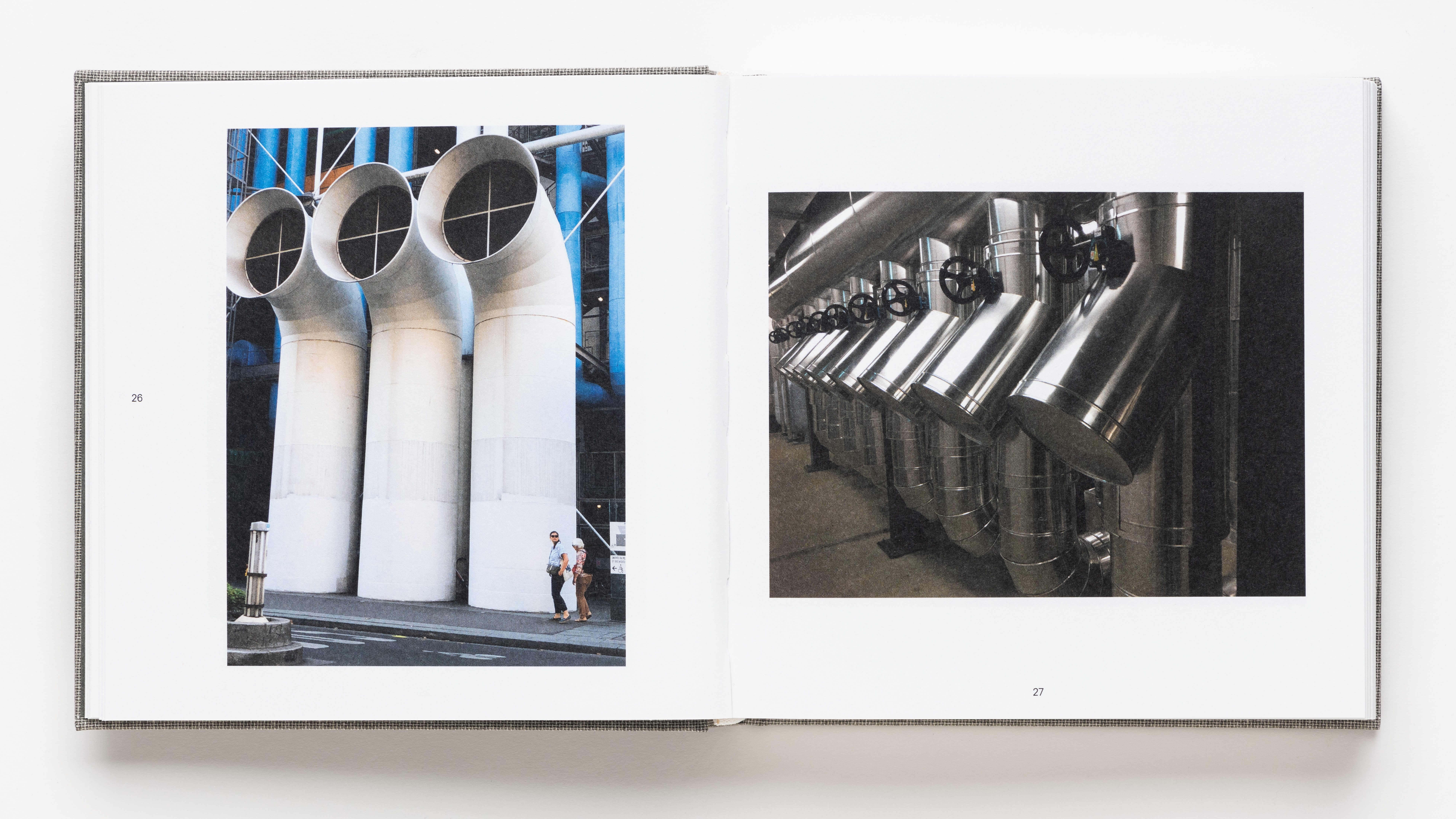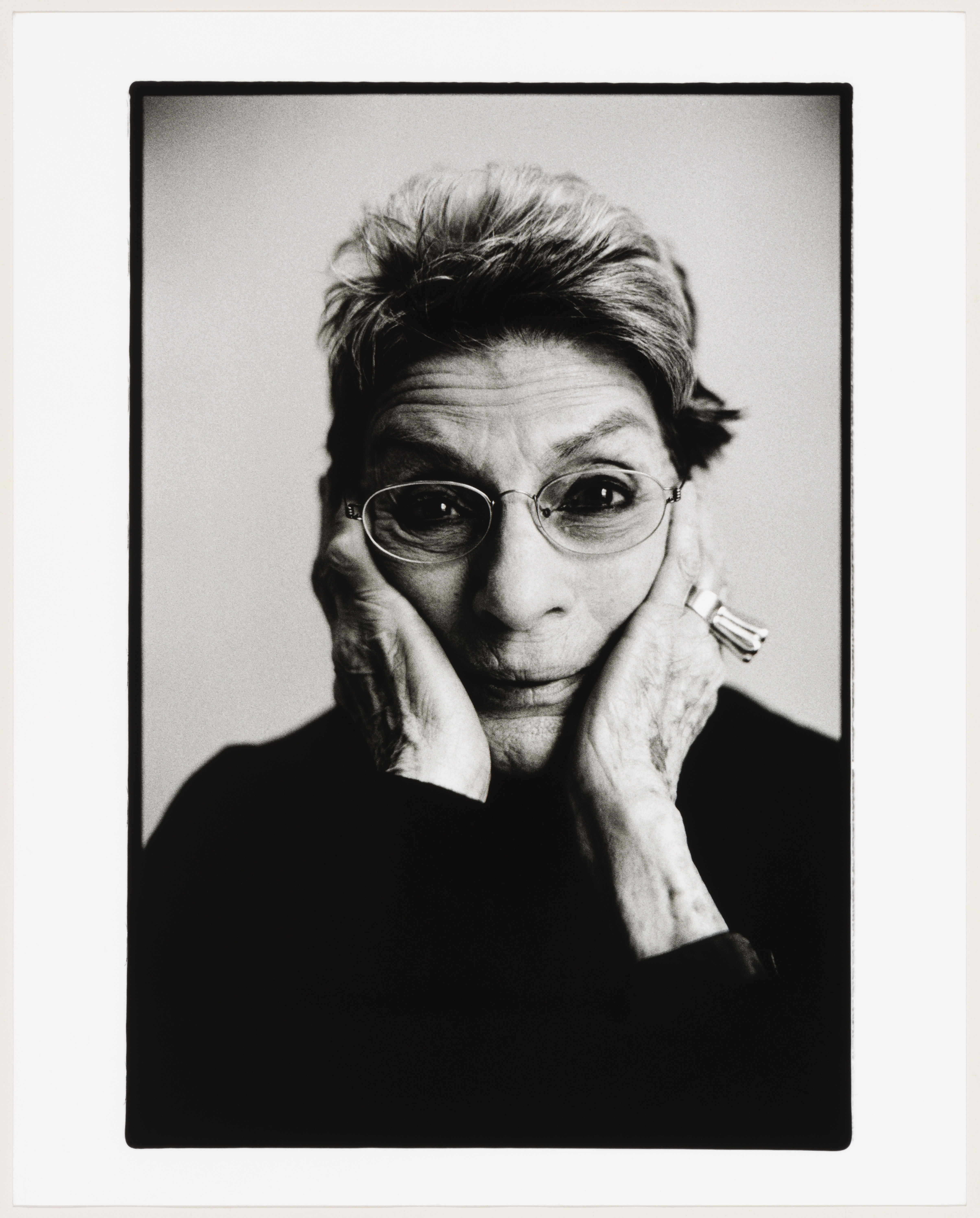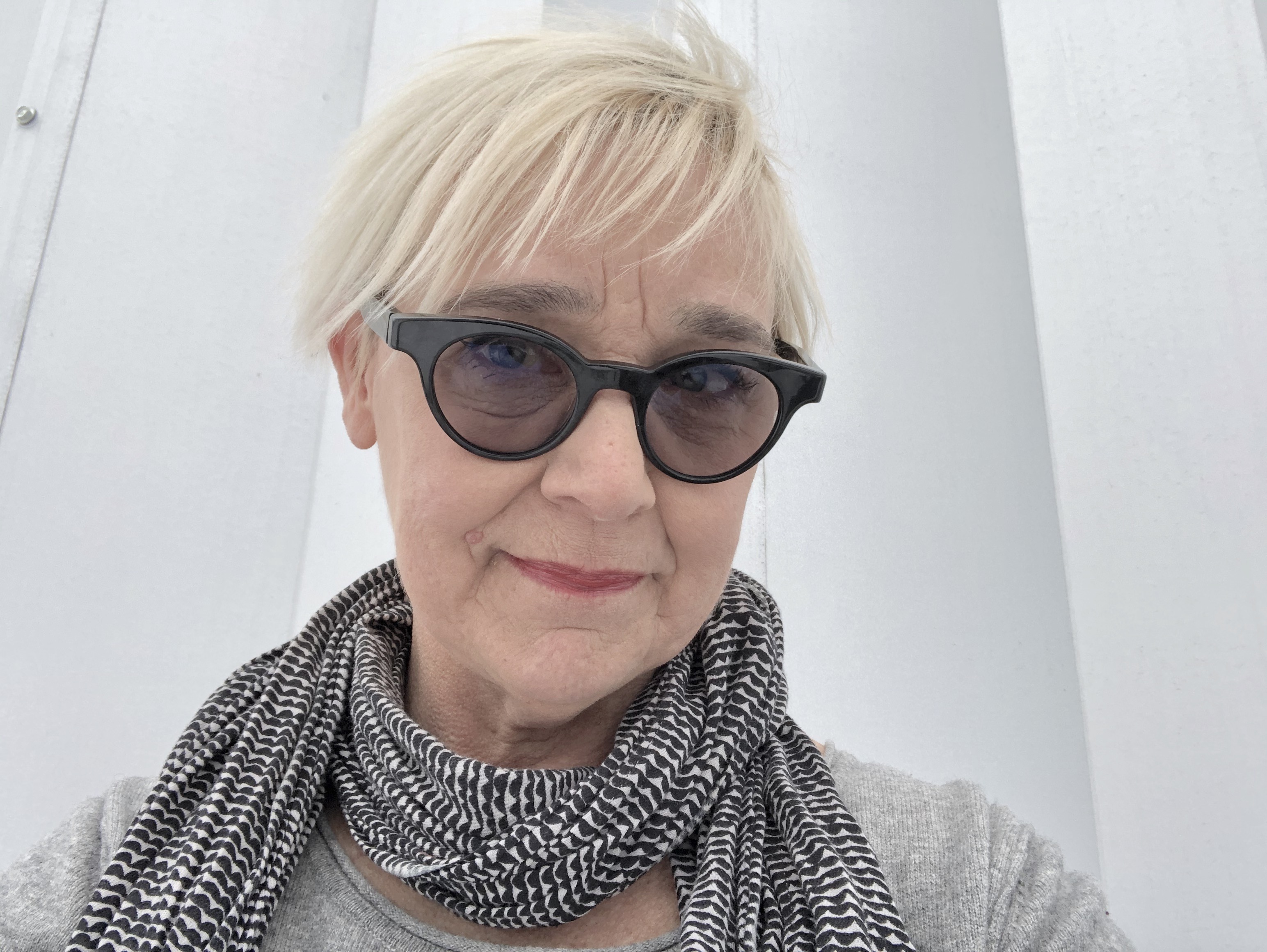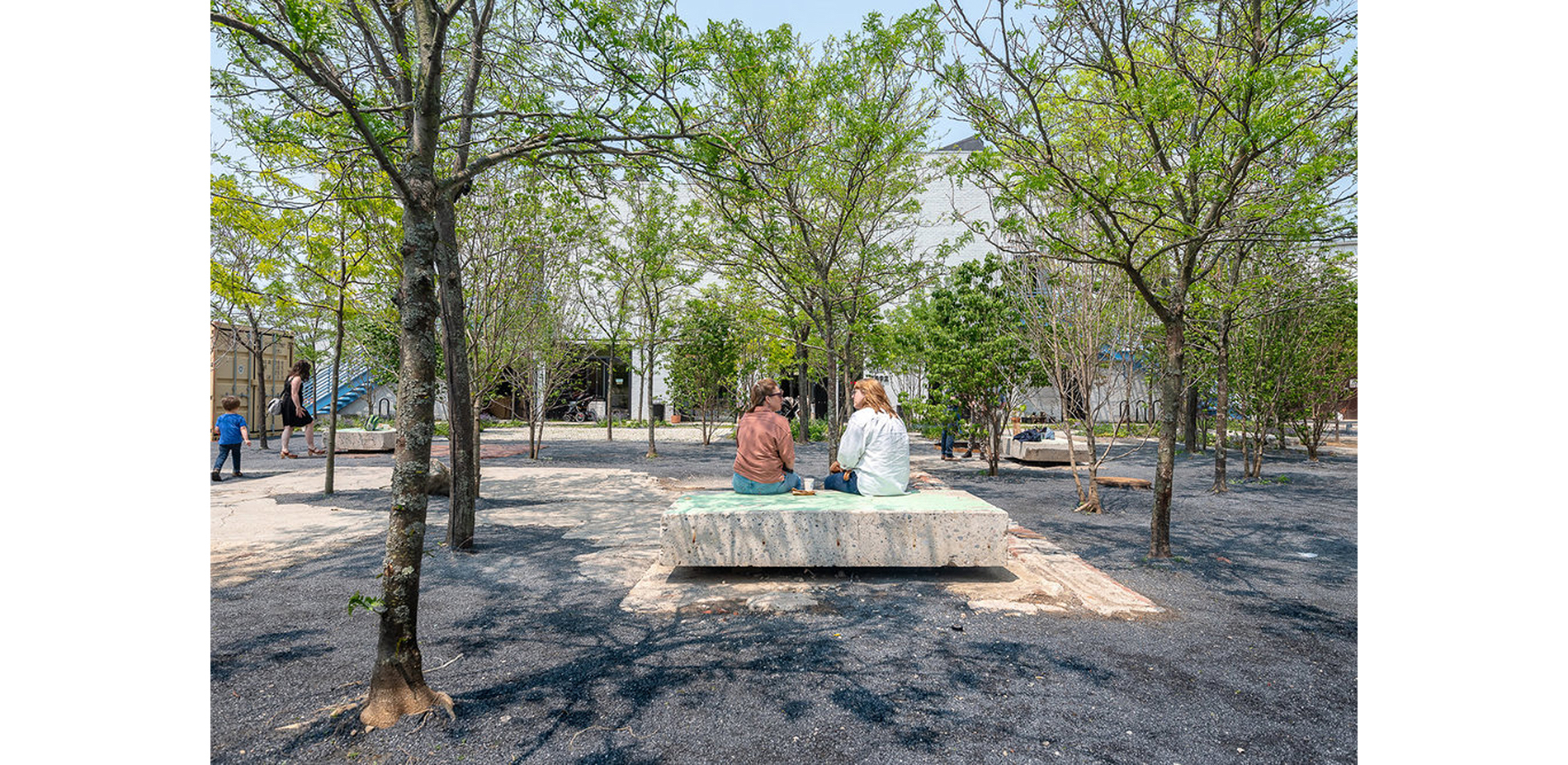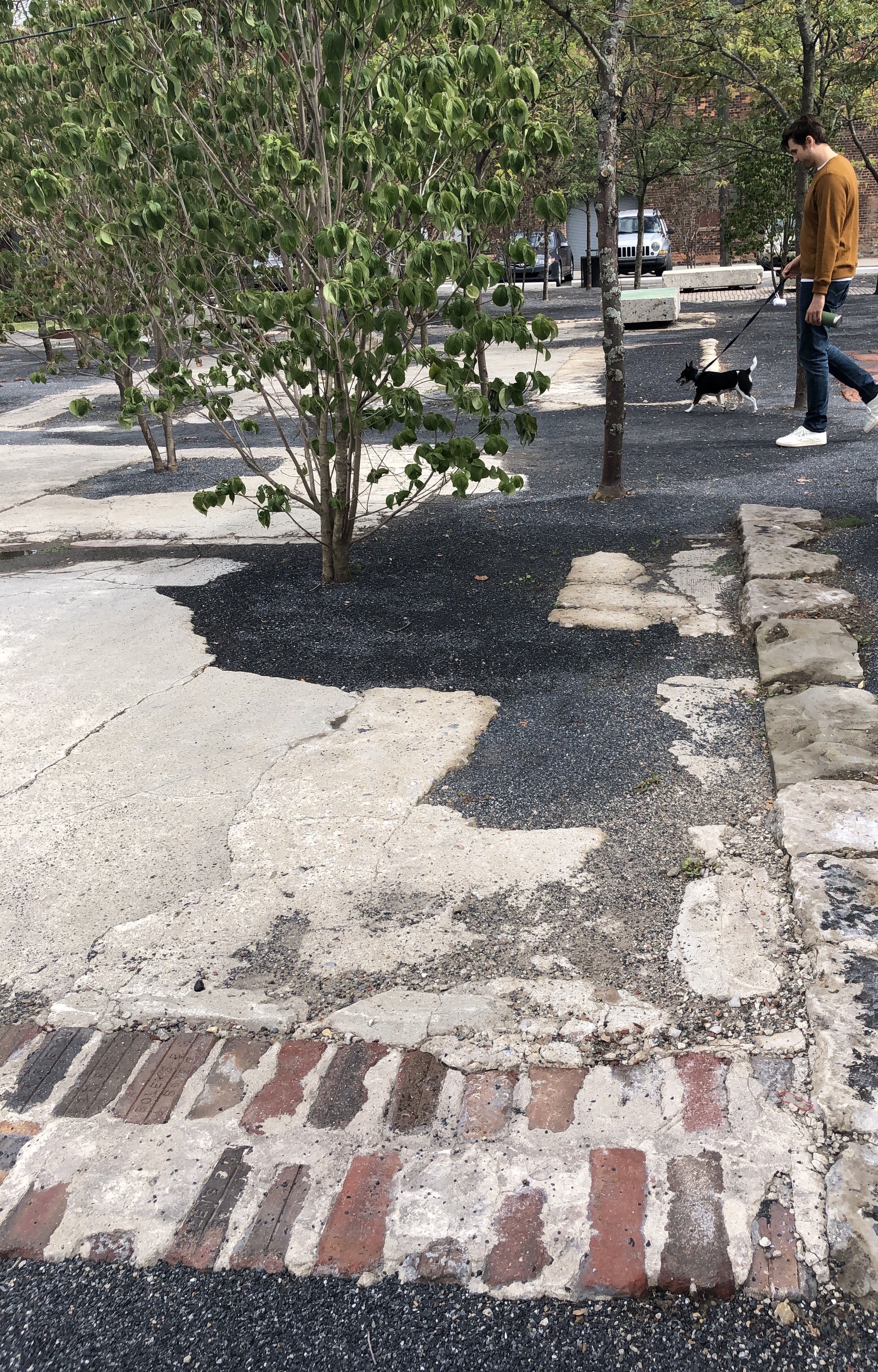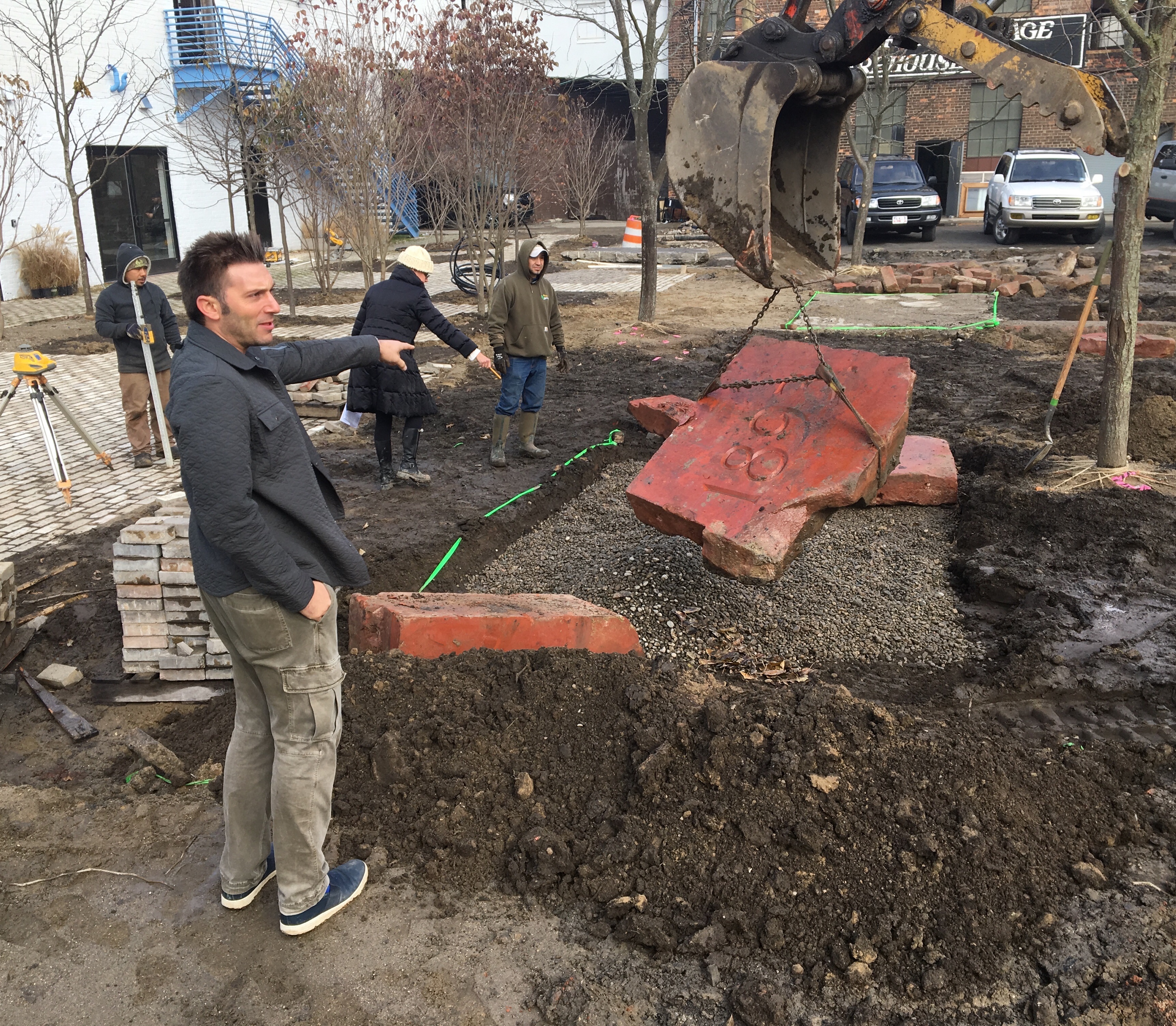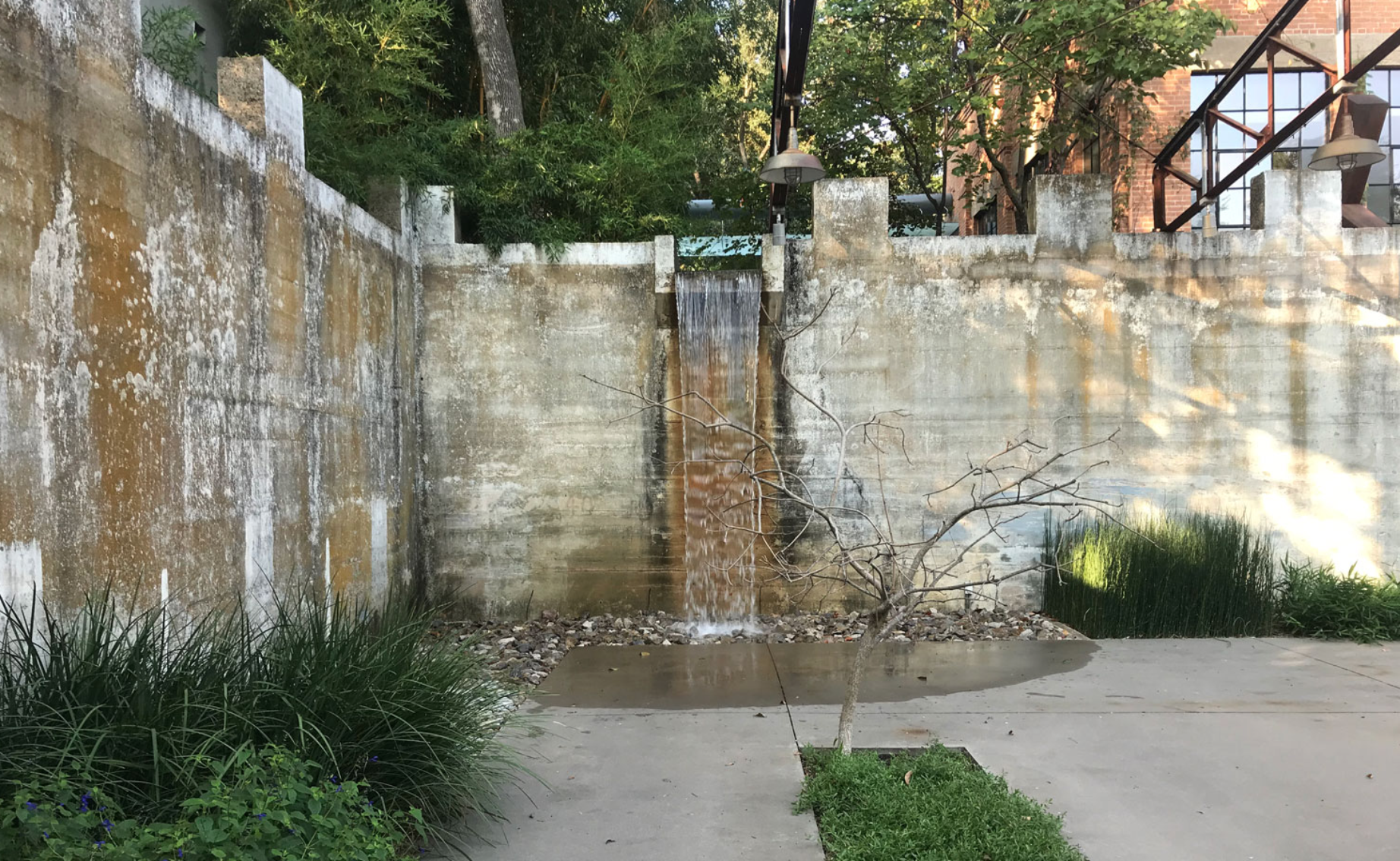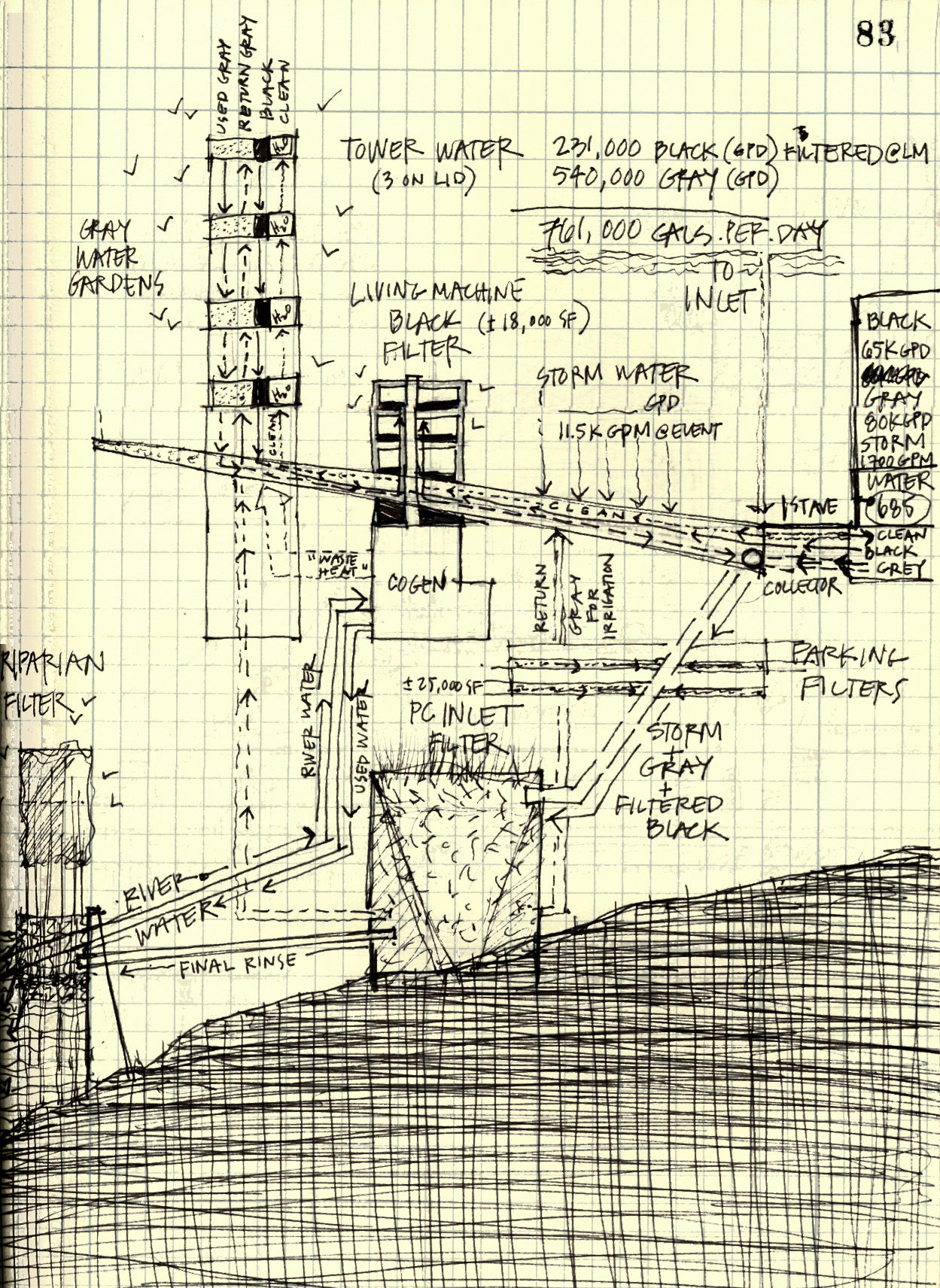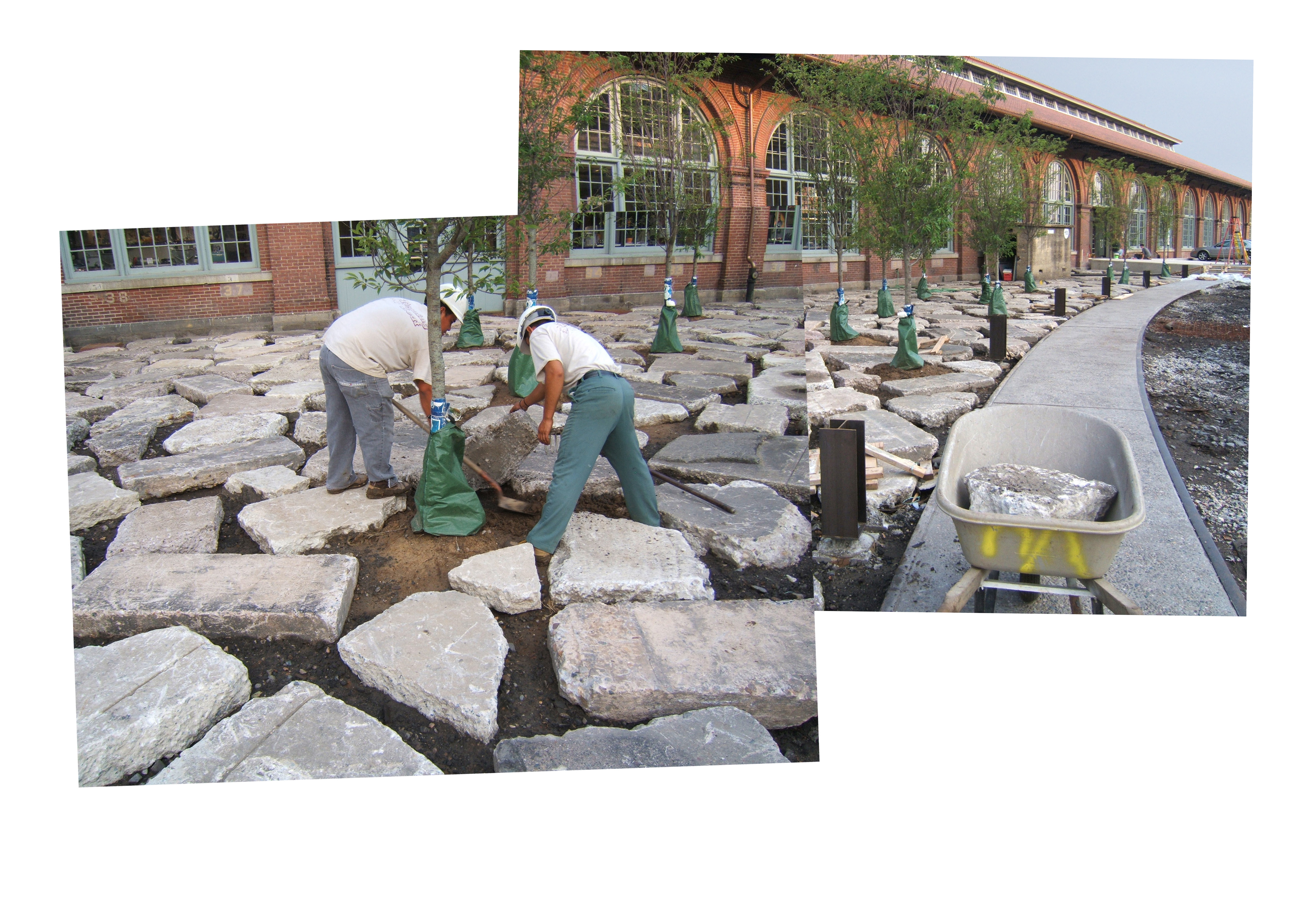Charles Waldheim – Technical Lands: A Critical Primer
-
Main Hall, Daniels Building
Join Harvard GSD professor Charles Waldheim for a discussion based on Technical Lands: A Critical Primer, which he co-edited with Jeffrey S. Nesbit. The book, published this year by Jovis, assembles authors from a diverse array of disciplines, geographical specializations and epistemological traditions to interrogate and theorize the meaning and increasing significance of technical lands—spaces that are united by their “exceptional” characteristics, such as remote locations, delimited boundaries, secured accessibility and hyper-vigilant management.
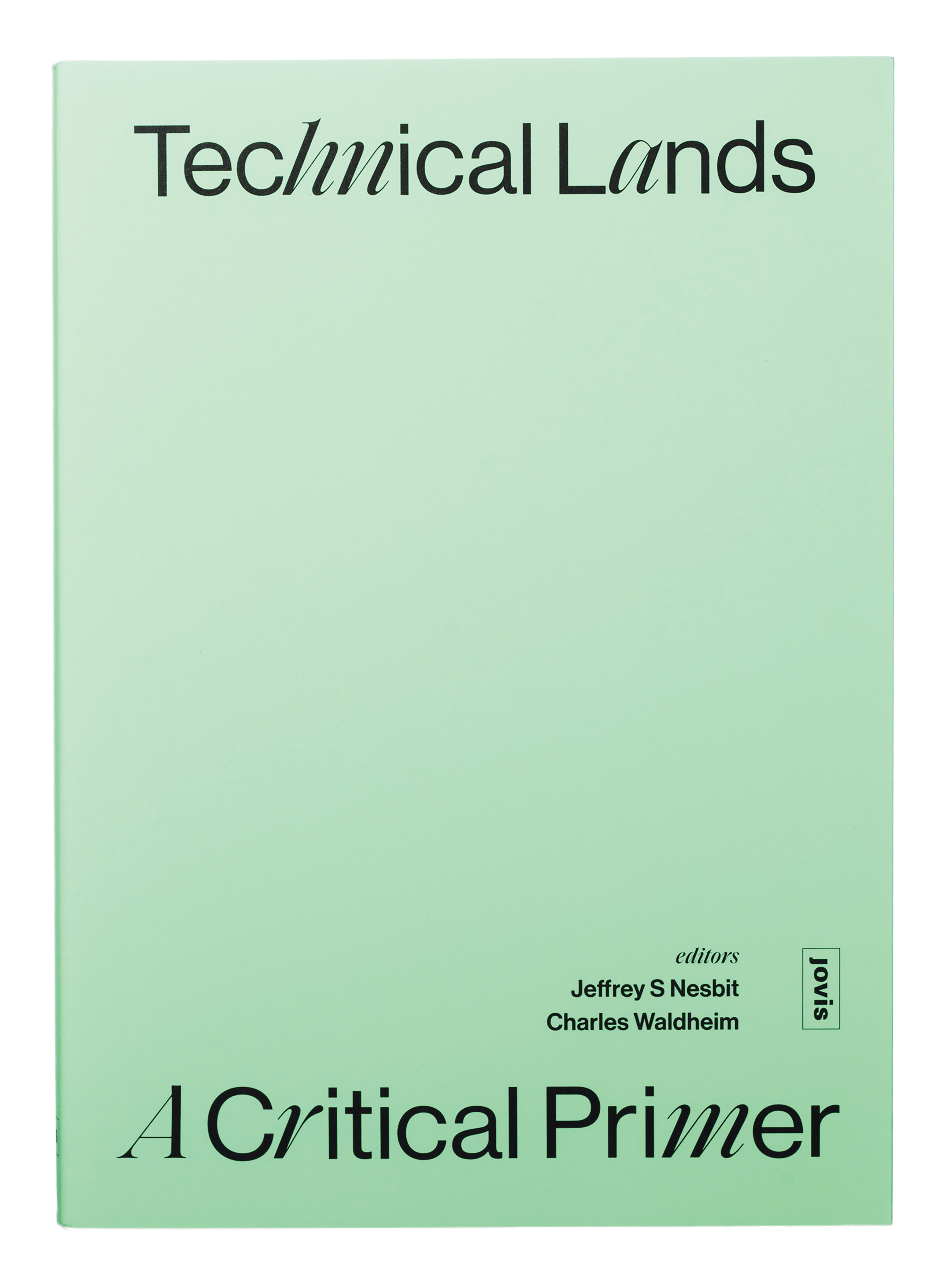
Charles Waldheim (pictured below) is the John E. Irving Professor of Landscape Architecture and Director of the Office for Urbanization at the Harvard University Graduate School of Design. His research examines the relations between landscape, ecology and contemporary urbanism. His latest published work, Technical Lands: A Critical Primer (Jovis, 2023), was co-edited with Jeffrey S. Nesbit.
